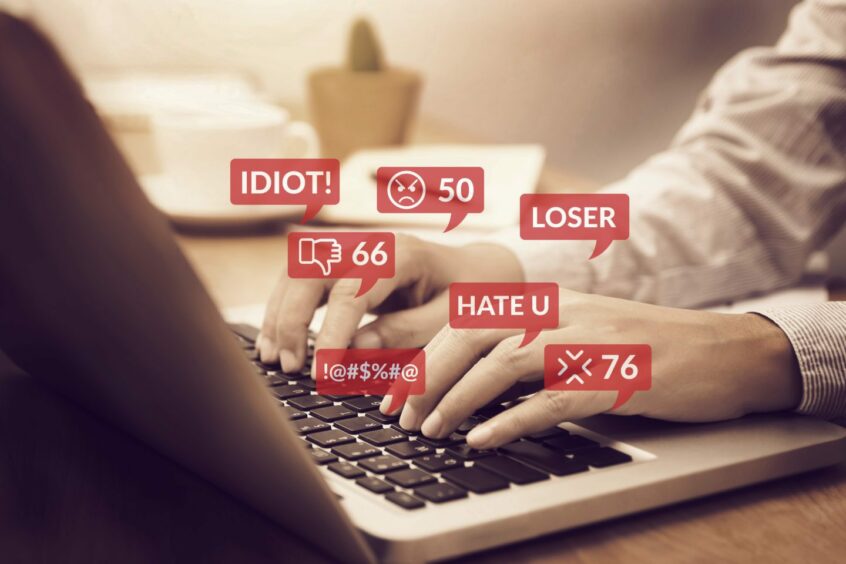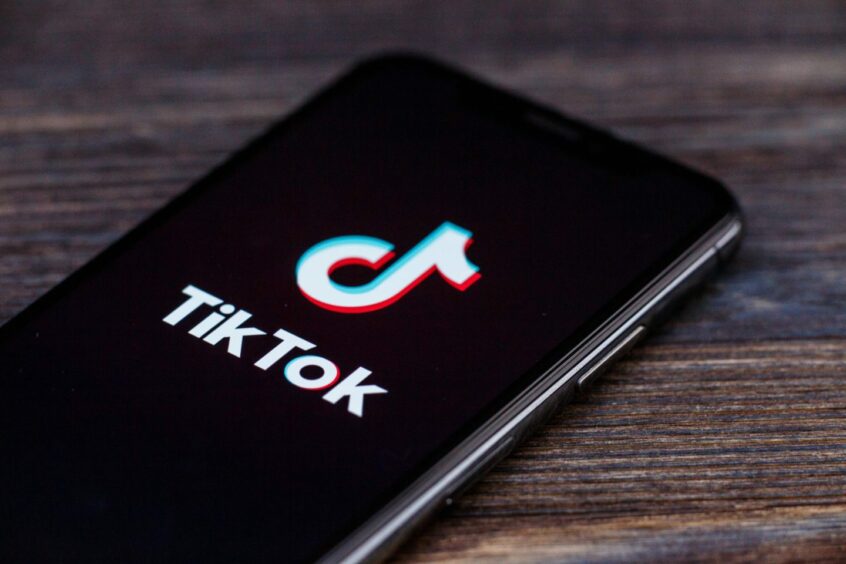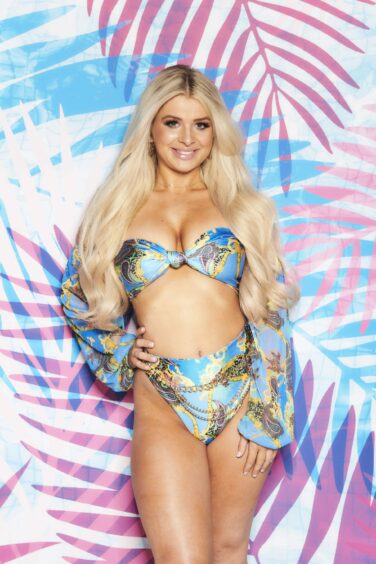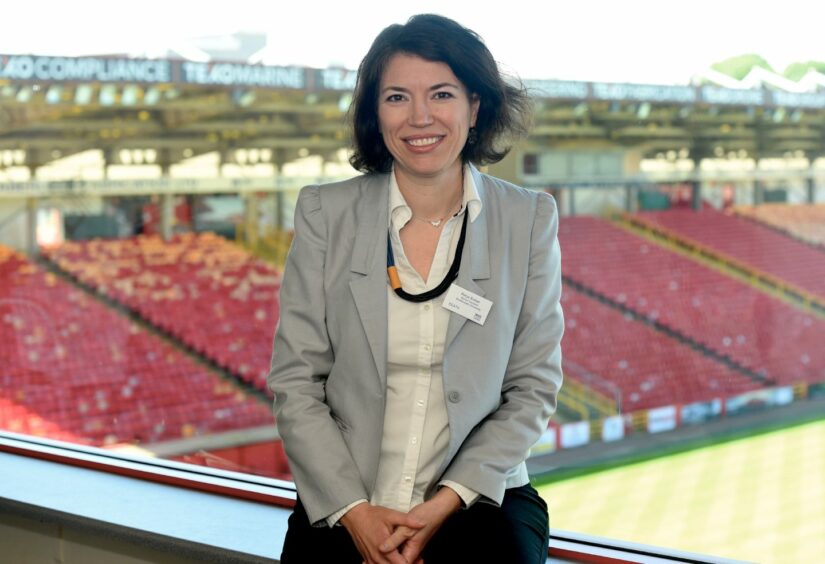Social media should be banned for children under 18.
A controversial point of view perhaps, but one that is growing around the world.
Utah became the first US state to ban social media use among under-18s last month. “We’re no longer willing to let social media companies continue to harm the mental health of our youth,” said governor Spencer Cox.
And TikTok recently announced changes for users under 18, including limiting screen time.
Social media can be fun. It can even be bizarre, such as the recent claims of Banff Academy pupils identifying as cats and defecating on the floor.
But ultimately, it also puts youngsters at serious risk of harm.
Having been a part of our lives for more than 15 years now, is it now time to regulate social media use in the UK in the same way as alcohol and tobacco?
Have your say: Is it time to regulate social media use among children?
The P&J put the question to two experts, who had contrasting views.
One said social media was a positive tool for children to ‘find themselves’, and compared concern over its use to similar worries about the effect of television 50 years ago.
The other compared social media to the Wild West and called for greater regulation, including increasing the age limit.
Sarah Pedersen is a professor of communication and media at Robert Gordon University (RGU) in Aberdeen.
She thinks it’s too easy to focus solely on the negative aspects of social media, and that not enough is said about the positives.
‘We don’t talk enough about the positives of social media’
“I don’t think banning social media for under-18s would be the right thing to do,” she said.
“Yes, there are lots of bad things about social media, but perhaps we don’t talk enough about some of the positives.
“It’s part of the identity formation process, it’s about discovering yourself and your tribe, and things you have in common with others.
“It’s also positive for people in remote communities, for example LGBT+, who are able to find support in a way our generation was never able to.
“We can’t just say ‘oh, there are some bad things and therefore we shouldn’t have it’. There are loads of good things as well which we tend not to celebrate.
“We tend to point the finger at social media and say it’s destroyed communities. No, it’s just changed things.”
‘The genie is out of the bottle’
In any case, says Prof Pedersen, social media has become such a feature of youngsters’ lives that any ban would be “impossible” in practice.
“The genie is out of the bottle – we cannot put it back in.
“You can’t just cut them off. It just goes underground. Banning it just makes it even more enticing.
“Do not tell me that all of Utah’s teenage population has just gone, ‘Absolutely, you’re right, I won’t go on TikTok.’
“That hasn’t happened, it’s just been made illegal. Just like there aren’t states in America where people under 21 don’t drink.”
‘Parents have been trying to ban things forever’
Parents have always worried about the impact of ‘new’ things on their children, according to Prof Pedersen. Social media is simply the latest.
“My parents used to try and ban me from watching STV,” she said. “I just went round to my friend’s house to watch it.
“There have been parents trying to ban things forever.
“It has changed childhood, but then 50 years ago we’d be having the same conversation about TV, and before that radio.”
Parents who have concerns over social media should be proactive, instead of relying on schools to educate youngsters on the pitfalls. Often, that means getting on social media themselves.
“It’s to do with parents actually stepping up and being a parent,” said Prof Pedersen.
“Your child gets to have an Instagram account, but you get to follow them on it.
“Just as we make the decisions about when they can walk to school on their own, or when they’re allowed to go into town on their own, we also make decisions about social media. You don’t just let them run free, you go with them.
“I think part of the problem is that parents may be on Facebook, but they’re not on TikTok or Instagram.
“Well, I’m sorry, but maybe you’re going to have to be in order to monitor what your kid does. If you’re worried about it, that’s what you should be doing.”
Body image, self-harm, anxiety: kids ‘too young’ for social media
Dr Petya Eckler is a social media researcher at the University of Strathclyde.
While she thinks raising the age limit from 13 to 18 is perhaps a step too far, she thinks social media should be restricted to age 16 and over.
She cited the example of 14-year-old Molly Russell, who took her own life in 2017, as what ultimately can happen when social media isn’t regulated properly.
“There’s now lots of evidence about the harms done to young people by social media,” said Dr Eckler. “These include negative body image comparison, self-harm, and anxiety.
“Thirteen is just too young, particularly for content-sharing sites like TikTok, Snapchat and Instagram.
“At 13 and 14, kids have a lot of maturing to do. Their social emotions are stronger than older kids, and they’ve got a lot of cognitive development still to do.”
‘It’s like the Wild West’: call to regulate social media like broadcast media
As the current age limit is so low, Dr Eckler said more needs to be done to hold social media companies to account.
“Social media companies need to take a lot more responsibility in cleaning up their act, and have more safeguarding for young people.
“There needs to be more regulation, and less profiting from the insecurity and instability of our children.
“Social media should be viewed the same way as broadcast media, and regulated accordingly.
“Love Island comes with body image issues, but then because that’s on TV it’s regulated, and people can complain.
“Ultimately, social media companies should be expected to behave in the same way as we’d expect the BBC or Channel 5 to behave.
“They need to be held to account, because at the moment social media is like the Wild West.”






Conversation